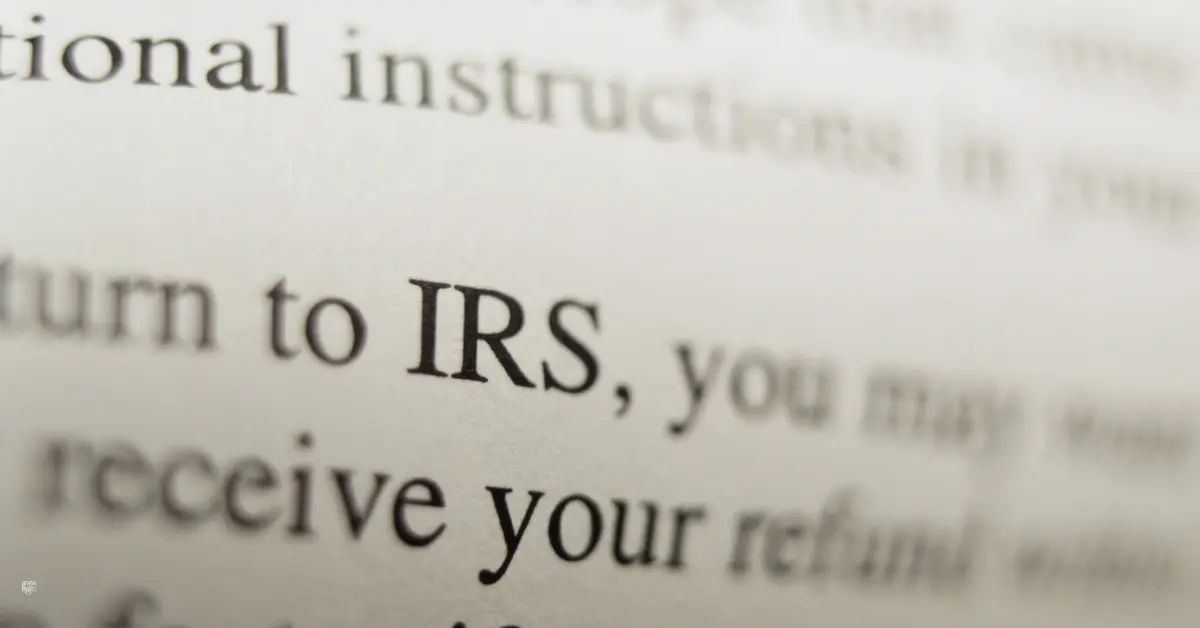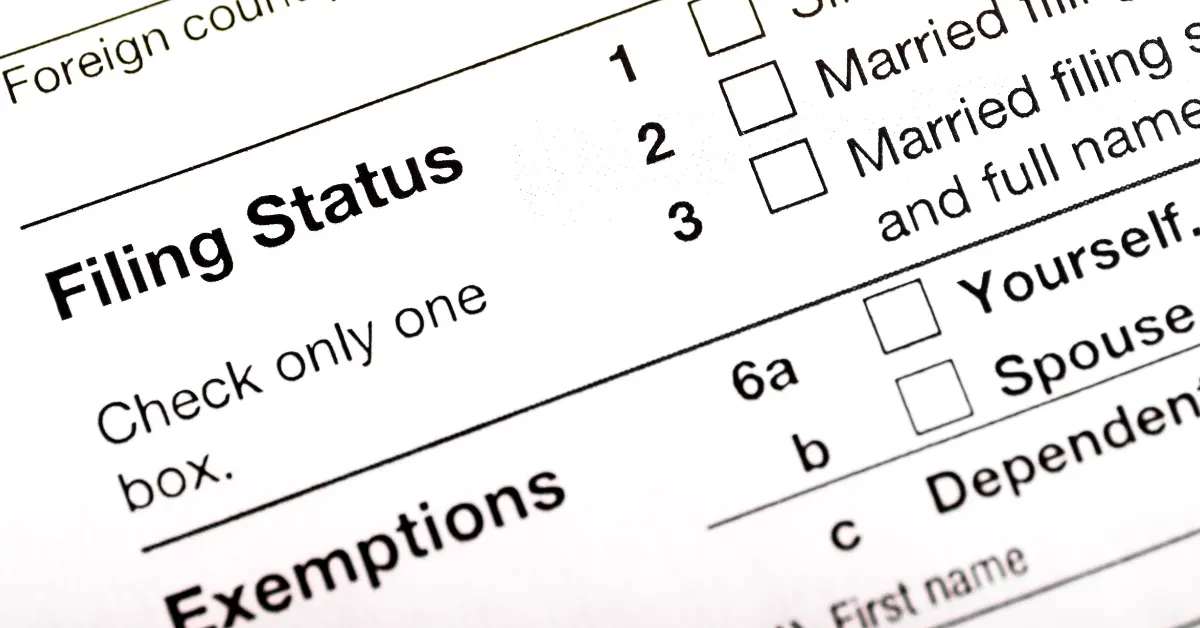FBAR Filing When Closing a Foreign Bank Account: Essential Reporting Requirements
Closing a foreign bank account involves more than just transferring your funds. It’s crucial to understand the Foreign Bank Account Report filing requirements to avoid penalties and ensure compliance with the IRS.
This article will guide you through the necessary steps and considerations when closing an offshore bank account.
Key Takeaways:
- FBAR Requirement: Report foreign accounts over $10,000 to avoid penalties.
- Who Files: U.S. citizens, residents, and entities.
- Deadline: April 15th, with extension to October 15th.
- Penalties: Up to $10,000 for non-willful; up to $100,000 or 50% for willful violations.
- Closed Accounts: Report if balances exceeded $10,000 during the year.
- Timing: Closing before December 31st may avoid reporting if balance stayed under $10,000.
- Risks: Severe penalties and legal issues for non-compliance.
- Past Non-Compliance: Report past unfiled accounts to reduce penalties.
- Voluntary Disclosure: Programs to reduce penalties and avoid charges.
What is FBAR?
The Foreign Bank Account Report, commonly known as FBAR, is a mandatory annual filing requirement for U.S. taxpayers who hold foreign financial accounts. This report is filed using FinCEN Form 114 and is intended to combat tax evasion by requiring U.S. persons to disclose foreign accounts exceeding certain thresholds.
Key Points About FBAR:
- Who Needs to File: U.S. citizens, residents, and entities such as corporations, partnerships, or trusts must file an FBAR if they have financial interest in or signature authority over one or more foreign financial accounts with an aggregate value exceeding $10,000 at any time during the calendar year.
- Filing Deadline: The FBAR must be filed electronically with the Financial Crimes Enforcement Network (FinCEN) by April 15th each year, with an automatic extension to October 15th.
- Penalties for Non-Compliance: Failure to file the FBAR can result in severe penalties. Non-willful violations can incur penalties up to $10,000 per violation. Willful violations can attract penalties up to the greater of $100,000 or 50% of the account balances, along with potential criminal charges.
- Purpose: The FBAR aims to detect and prevent tax evasion by U.S. taxpayers with foreign accounts, ensuring transparency and accountability in international financial transactions.
FBAR Filing When Closing a Foreign Bank Account
Understanding the reporting requirements for a closed foreign bank account is essential to remain compliant with U.S. tax laws. Even if an account is closed, it might still need to be reported for the year in which it was closed.
When you close a foreign bank account, you must still include it in your FBAR filing for the year in which it was closed. The FBAR requires reporting of all foreign financial accounts if their aggregate value exceeds $10,000 at any time during the calendar year.
This includes accounts that were closed during the year. Therefore, if you closed your account in the current year, it must be reported on the FBAR due the following April.
Timing the Account Closing for FBAR Purposes
The timing of closing a foreign bank account can significantly impact your FBAR filing obligations.
If an account is closed before December 31st, you may be able to avoid reporting it on your FBAR, provided it meets specific criteria. However, the key factor is the highest balance of the account during the year, not just the balance at the time of closure.
Criteria for Avoiding Reporting if Closed Before December 31st
To avoid reporting a closed foreign bank account on your FBAR for the year it was closed, the following criteria must be met:
- Account Balance: The account’s highest balance during the year must not exceed $10,000.
- Closure Date: The account must be closed before December 31st of the reporting year.
Meeting these criteria can exempt you from reporting the account, but it’s essential to maintain accurate records to substantiate your compliance.
Example Scenarios and Their Implications
Scenario 1: Sarah had a foreign bank account that she closed on November 30th. The highest balance during the year was $9,500. Since the balance never exceeded $10,000 and the account was closed before December 31st, Sarah does not need to report this account on her FBAR for the year.
Scenario 2: David closed his foreign bank account on December 15th. The highest balance during the year was $12,000. Despite closing the account before the end of the year, David must report this account on his FBAR because the balance exceeded $10,000 at some point during the year.
Scenario 3: Emily had a foreign bank account with a highest balance of $8,000. She closed the account on October 1st. Since the balance never exceeded $10,000 and the account was closed well before the end of the year, Emily does not need to report this account on her FBAR.
Potential Risks
IRS Detection and Associated Penalties
The IRS has robust mechanisms for detecting non-compliance with FBAR filing requirements. Attempting to avoid reporting by closing accounts or underreporting balances can lead to significant penalties.
Non-willful violations can result in penalties up to $10,000 per violation, while willful violations can incur penalties up to the greater of $100,000 or 50% of the account balance, along with potential criminal charges.
Long-term Compliance Issues
Failure to comply with FBAR requirements can lead to long-term compliance issues, including increased scrutiny of your financial activities and potential legal consequences. Consistently failing to report foreign accounts can damage your financial reputation and lead to more severe penalties over time.
Addressing Past FBAR Non-Compliance
If you have not complied with FBAR filing requirements in previous years, it’s important to understand your reporting obligations and the potential penalties. Addressing past non-compliance can help mitigate risks and bring you into compliance with U.S. tax laws.
FBAR Filing for Previous Years
If you were required to file an FBAR in previous years but failed to do so, you still have an obligation to report those foreign accounts. The FBAR requires reporting of any foreign financial accounts that had an aggregate value exceeding $10,000 at any time during the calendar year. This obligation applies even if the account has been closed or the balance has decreased since then.
Penalties and Fines for Non-Compliance
- Non-Willful Violations: Penalties for non-willful violations can reach up to $10,000 per violation.
- Willful Violations: Penalties for willful violations can be much harsher, up to the greater of $100,000 or 50% of the account balances at the time of the violation. Additionally, willful violations may also lead to criminal charges.
IRS Voluntary Disclosure Programs
The IRS offers programs to encourage taxpayers to come forward and disclose their foreign accounts, which can help reduce penalties and bring them into compliance.
Offshore Voluntary Disclosure Program (OVDP)
The OVDP is designed for taxpayers with potential criminal liability due to willful failure to report foreign accounts. It allows them to disclose their accounts, pay a reduced penalty, and avoid criminal prosecution. The program has stringent requirements and is best suited for those facing severe penalties.
Streamlined Filing Compliance Procedures
For taxpayers who failed to report their foreign accounts due to non-willful conduct, the streamlined procedures offer a simpler and less punitive route. This program requires the taxpayer to certify that their failure to report was non-willful and pay a reduced penalty. It is an excellent option for those who unintentionally missed their reporting obligations.
Benefits of Voluntary Disclosure and Compliance
Participating in these voluntary disclosure programs has several benefits:
- Reduced Penalties: Both programs offer reduced penalties compared to the standard penalties for non-compliance.
- Avoidance of Criminal Charges: The OVDP, in particular, helps taxpayers avoid criminal prosecution for willful violations.
- Peace of Mind: Coming into compliance with U.S. tax laws provides peace of mind and avoids the stress and uncertainty of potential future penalties and legal issues.
Conclusion
Closing a foreign bank account involves understanding and complying with FBAR and FATCA reporting requirements. Proper timing and adherence to these rules are essential to avoid penalties. If you need assistance with FBAR filing or addressing past non-compliance, our team at Dimov Tax is here to help. We specialize in handling FBAR forms, addressing penalties, and providing expert consultation on the tax implications associated with different approaches.
If you have questions about your foreign bank account or need help with FBAR filing, please reach out to our team of licensed professionals at Dimov Tax. We specialize in handling FBAR forms, addressing penalties, and providing expert consultation on the tax implications of your financial decisions.
Contact us at info@dimovtax.com or (866)798-8334 for professional guidance and support.

Need some help? Please fill out the form below and one of our specialists will get back to you immediately.




"*" indicates required fields


